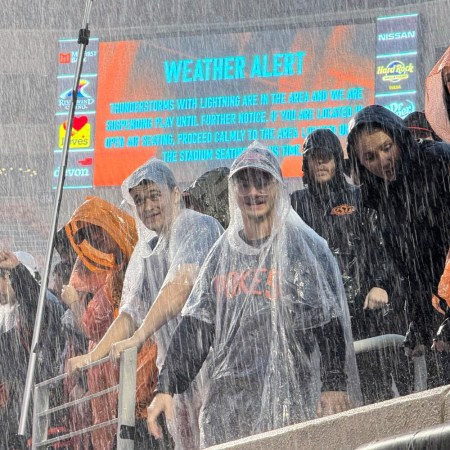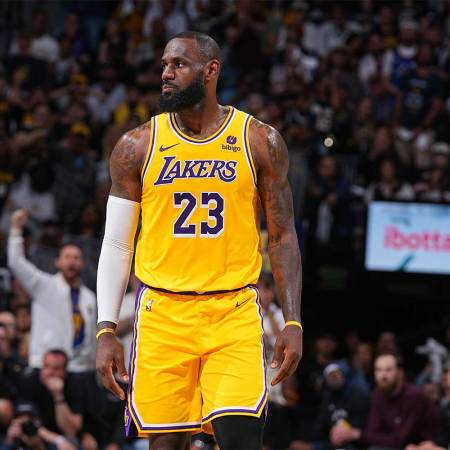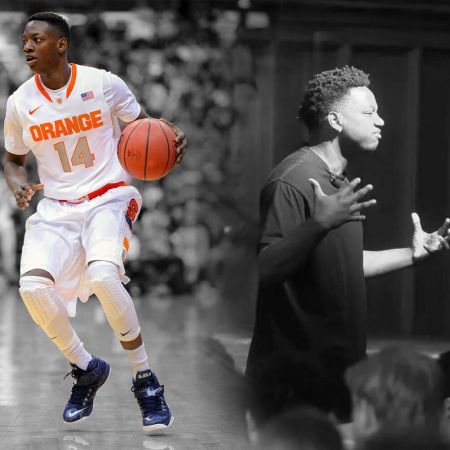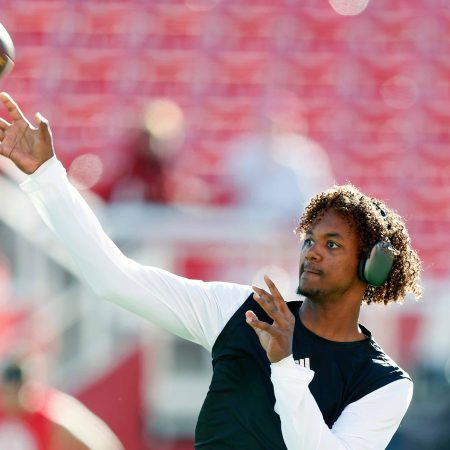With three major pro sports (MLB, NBA., NHL) on the verge of returning in the U.S., the nation’s largest governing body for amateur sports updated its guidelines for allowing college sports to be played this fall in the midst of the pandemic.
While issuing the updated guidelines, NCAA president Mark Emmert also offered his thoughts on the prospects of returning to play and the picture he painted was a grim one.
“When we made the extremely difficult decision to cancel last spring’s championships it was because there was simply no way to conduct them safely,” Emmert said. “This document lays out the advice of health care professionals as to how to resume college sports if we can achieve an environment where COVID-19 rates are manageable. Today, sadly, the data point in the wrong direction. If there is to be college sports in the fall, we need to get a much better handle on the pandemic.”
The NCAA felt it had to update its guidelines — which now include masks being worn at all times on the sidelines and daily coronavirus symptom checks in addition to universal social distancing — after the coronavirus began surging in states that relaxed stay-at-home advisories in recent weeks, primarily in the South and the West. Sports affected by the new guidelines include basketball, field hockey, football, ice hockey, lacrosse, rowing, rugby and soccer.
With more than 3.5 million people in the United States infected with COVID-19 and at least 138,000 Americans dead, it makes total sense for the NCAA and Emmert to proceed more cautiously than pro sports as its athletes, at least technically, are not paid.
On Thursday, the Mid-Eastern Athletic Conference suspended all fall sports and the Big East announced its schools would exclusively play in-conference games.
“Even if we didn’t have a student-athlete positive, we would have made this decision,” Wayne A.I. Frederick, the chair of the council of chief executives for the MEAC, told The New York Times. “Most athletes are young, healthy people, but the bigger risk is for the population around them.”
The Ivy League announced last week it was canceling all sports until at least January.
“Any recommendation on a pathway toward a safe return to sport will depend on the national trajectory of COVID-19 spread,” said NCAA chief medical officer Brian Hainline. “The idea of sport resocialization is predicated on a scenario of reduced or flattened infection rates.”
Subscribe here for our free daily newsletter.
Whether you’re looking to get into shape, or just get out of a funk, The Charge has got you covered. Sign up for our new wellness newsletter today.


















